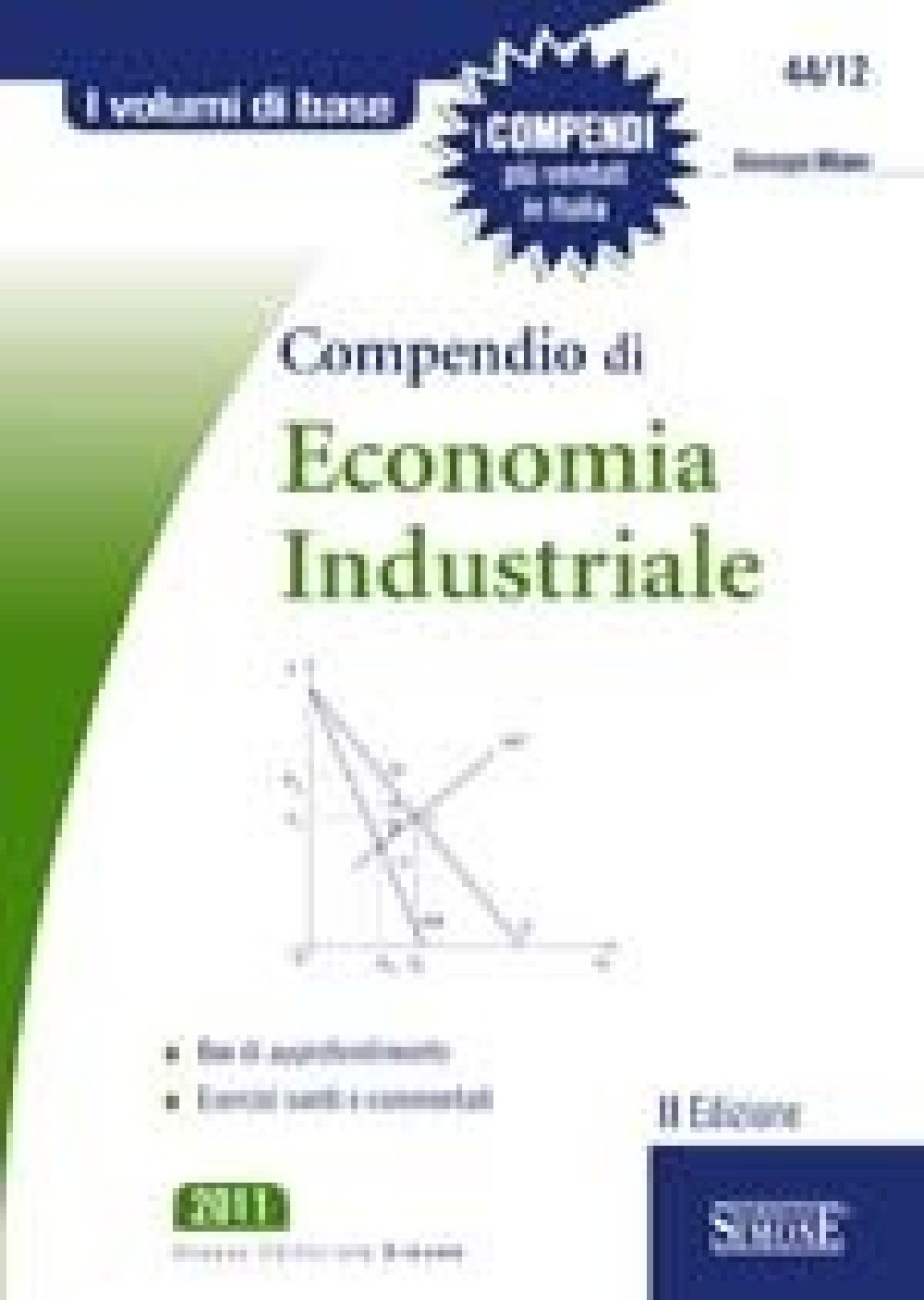

Come si manifestava l’esercizio dell’autorità da parte dei governanti? Secondo quali logiche? Tramite quali strumenti? L’Europa tardomedievale è contrassegnata dalla presenza di unioni politiche particolarmente complesse, che includevano diversi stati e territori. Buffo, L’indice dei libri del mese, Anno XXXV, 11 (2018), 28. Titone, English Historical Review, CXXXV, no. Toomaspoeg, Quellen und Forschungen aus italienischen Archiven und Bibliotheken, 100 (2020), 713-715.į. The project will lead to the completion of two PhD theses, specialised articles, a volume of essays and a monograph, as well as the publication of a major collection of sources, some of which will be made available online as we get on: please check back here for more!
#Elementi di biblioteconomia e archivistica pdf editor series
We plan a series of events, including workshops and seminars as well as a final conference. Two PhD students work, respectively, on the material culture of documents and on the archival work of pre-modern historians. In each phase, a team of three researchers collects sources from the case studies on the basis of broadly similar research questions. The six themes will be analysed in successive phases. Secondly, by contextualising the study of archives away from institutional history in a wider social and cultural context, by focusing on six themes: the politics, organization and material culture of archives, the social characteristics of chancery staff, the social impact of chancery activity and the use of archives by pre-modern historians. The project proposes to break new ground, by:įirstly, adopting a comparative approach through the in-depth analysis of seven case studies – Milan, Venice, Modena, Florence, Rome, Naples, and Palermo The project team studies the history of the archives and of the chanceries that oversaw their production, storage and organization in late medieval and early modern Italy. A comparative history of archives in late medieval and early modern ItalyĪR.C.H.I.ves is a four-year project funded by the European Research Council and led by Dr Filippo de Vivo in the Department of History, Classics and Archaeology in the School of Social Sciences, History and Philosophy for the period 2012-2016.


 0 kommentar(er)
0 kommentar(er)
